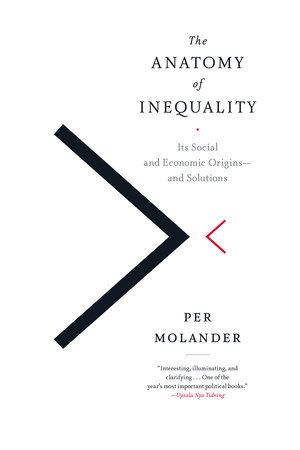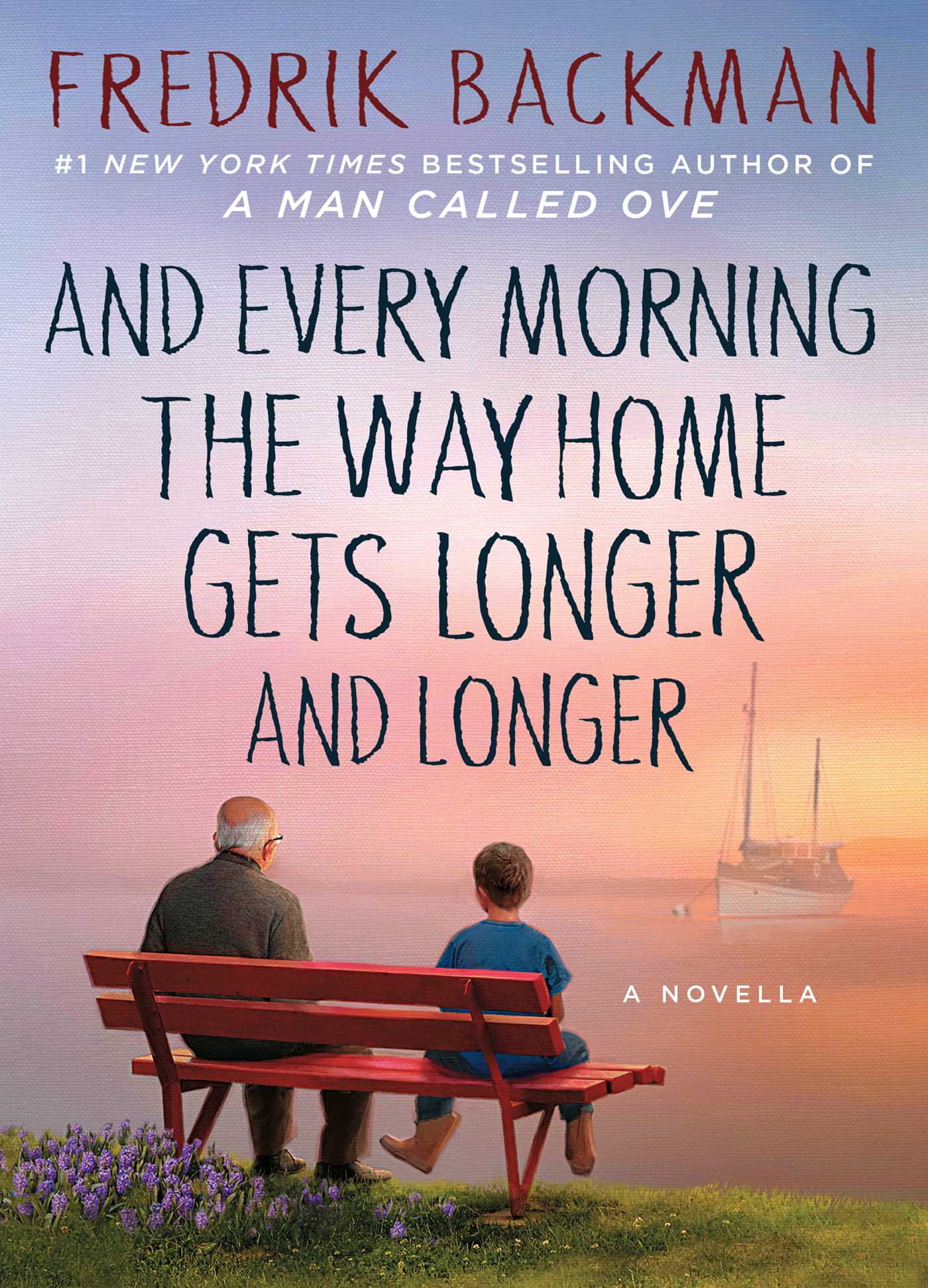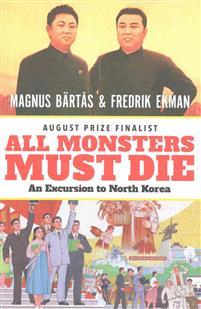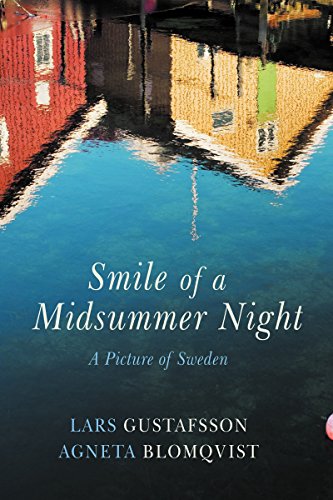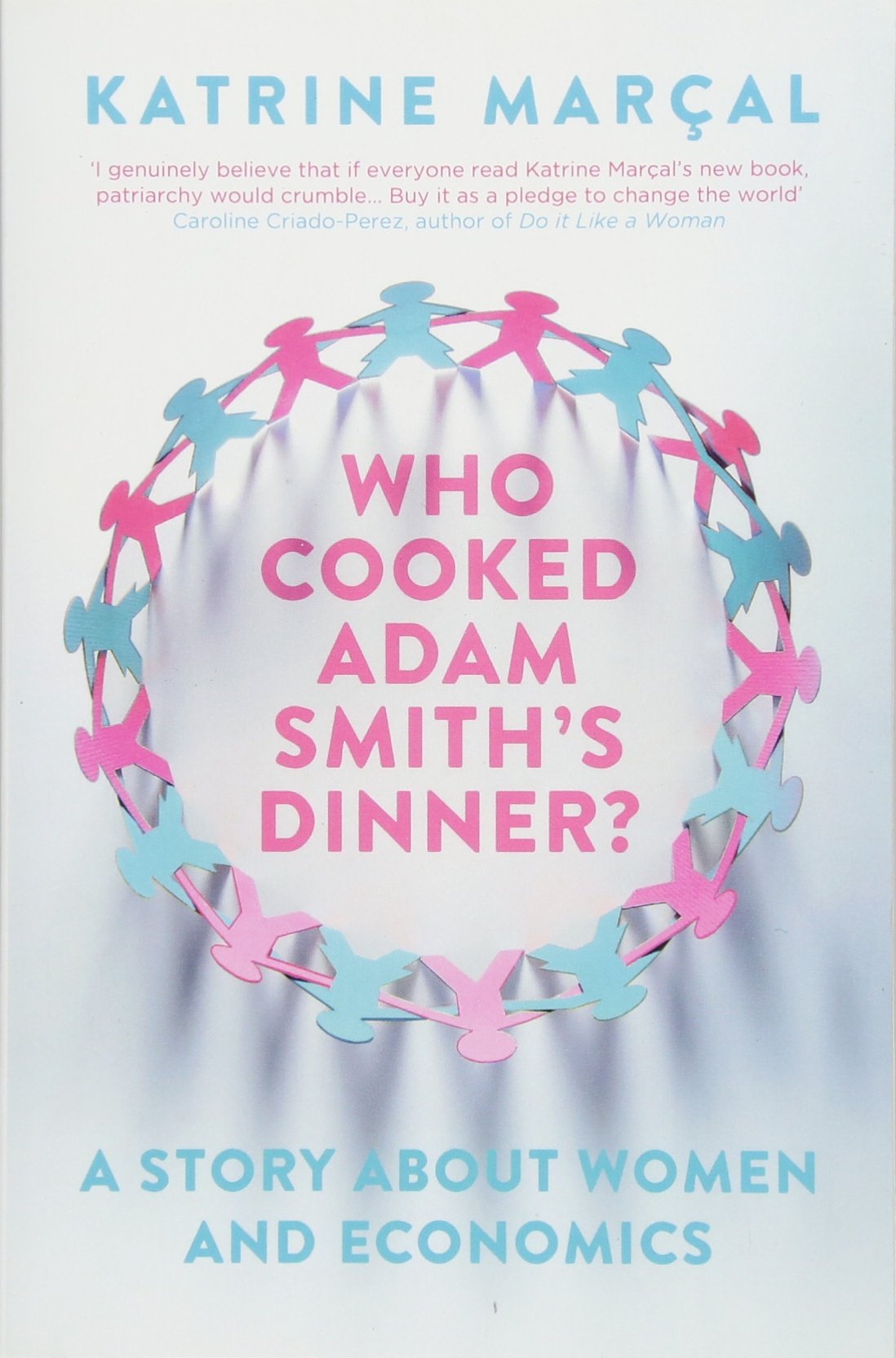The Anatomy of Inequality
Translator: Saskia Vogel
Author: Per Molander
Publisher: Melville House
Year of Publication: 2016
From a country with one of the world’s lowest rates of income and social imbalance, award-winning Swedish analyst Per Molander’s book changes the conversation about the causes and effects of inequality.
Virtually all human societies are marked by inequality, at a level that surpasses what could be expected from normal differences in individuals capabilities alone. So begins this new approach to the greatest social ill of our time, and nearly every other era.

